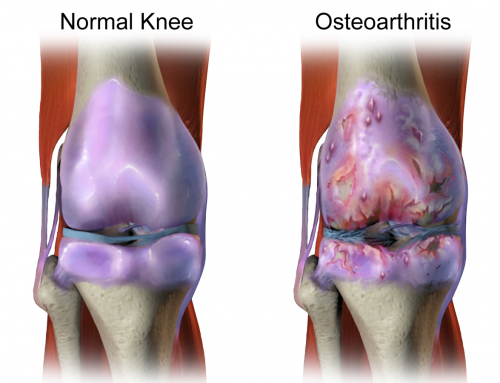Heartburn, acid reflux, GERD – whatever you call it, millions of people suffer this gastrointestinal malady on a daily basis. Patients coming in to LiveWell to see me for upper back and neck problems are often pleasantly surprised when their acid reflux improves. To me, it makes sense, because the nerves in the mid-back innervate the stomach and upper GI tract. When spinal nerves become irritated or compressed, the part of the body they innervate may not function properly. Chiropractic care for reflux focuses on that mid-back area of the spine and helps relieve and relax those nerves by placing the spine in proper healthy alignment. This approach can often make the heartburn disappear permanently.
But what else causes heartburn? As in all areas of functional nutrition, in order to cure a specific problem (like acid reflux disease), the physician must strive to eliminate the root cause of the problem and promote the healing process. In my practice, I routinely encounter other common causes of this condition, such as:
Food allergies: I have found that a majority of heartburn issues that trouble my patients are caused by food allergies. They are extremely common in our society today, they often cause a host of other problems, and they can be easily diagnosed with a simple blood test.
Foods: Certain foods, even in the absence of a specific allergy, cause the lower esophageal sphincter to relax, thus allowing stomach acid to leak into the esophagus, leading to heartburn. These foods include peppermint, coffee, alcohol, and chocolate.
Hiatal hernia: This is a physical condition where part of the stomach protrudes through the diaphragm. It can generally be reduced or eliminated with chiropractic and without surgery, and my patients often report marked improvement after one visit. Bear in mind, though that even when a hiatal hernia is present, it is not necessarily the sole cause of heartburn.
Low Acid Production: Ironically, low stomach acid levels can result in heartburn. In fact, this is much more common than overly high levels of acid. This problem can be assessed clinically and is readily treatable.
A common (though poor) option in today’s day and age is to take one’s acid reflux problem for granted, assuming it to be “normal,” and buying bulk quantities of chalky antacid or thick liquid “stomach-soothing” chemicals. But heartburn can almost always be treated without acid blockers, and the negative effect they have on the entire body is pretty significant. These drugs may indeed reduce stomach acid, but they cause many side effects. After regular use for several weeks, antacids may cause diarrhea or constipation. They may impair calcium metabolism and may cause magnesium to accumulate, putting kidney health at risk. Prescription drugs such as Prilosec can mask the signs of stomach cancer, and the side effects for Pepcid are a parade of horribles: constipation, diarrhea, fatigue, insomnia, muscle pain, vomiting, anemia, confusion, depression, hallucinations, hair loss, visual changes and yellowing of the skin and eyes. Sound good? I didn’t think so.
Stomach acid, furthermore, is vital to good health. It is the first major step in breaking down your food, which is critical to proper nutrition. It’s not that “you are what you eat;” rather, you are what you absorb. Acid is especially important for breaking down proteins into amino acids and is required for the optimal release and preparation of minerals such as calcium, magnesium and iron for absorption. Vitamin B12 also isn’t absorbed without it. A B12 deficiency leads to fatigue and neurological problems.
Decreased acid levels can also cause digestive problems further on down the line. Pancreatic enzymes, bicarbonate and bile are all released in response to the acid that accompanies the digesting food as it leaves the stomach and enters the small intestine. Decreased acid (due to antacids) means less of these vital biological chemicals are released. And without them, digestion is very inefficient, resulting in far less nutritional gain from even otherwise healthy foods. The pH is thrown off in the entire digestive tract, damaging the environment for billions of normal (“good”) bacteria that are critical to proper digestion and good health.
Stomach acid, importantly, is also the body’s primary defense against food-borne infections. Bacteria don’t usually survive the harsh acidic conditions in the stomach, which is a good thing. Decreased acid increases the risk of food poisoning.
In short, nutrients provide the building blocks for our entire biochemistry. Optimal health requires optimal nutrition. And that is why we need stomach acid.
So stop living with heartburn. Come see us and let us assess you for hiatal hernia, spinal misalignments, food allergies and low stomach acid. We will generate a comprehensive and focused treatment plan to help. No more suffering! Start to LiveWell today!


Leave A Comment